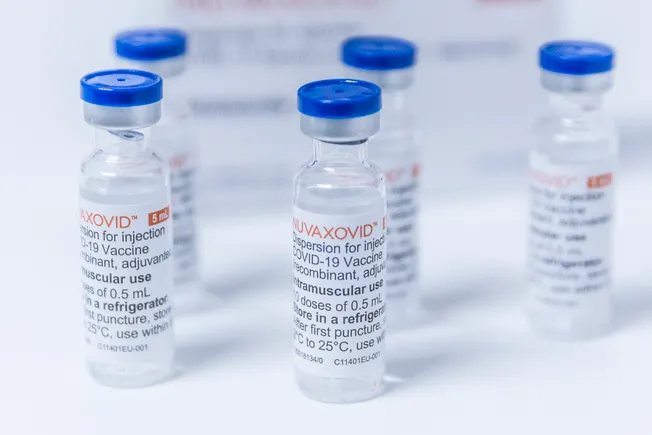Arch raises another $3B biotech fund in pursuit of ‘coolest’ new science


Arch Venture Partners, a prominent creator of biotechnology startups, has raised more than $3 billion for its 13th fund, the firm announced Thursday.
The fundraise comes only two years after Arch secured a similar-sized haul that, at the time, was its largest to date. As it has in the past, the 38-year-old firm intends to use that cash to bet on cutting-edge science it believes can change healthcare. Arch has been a big proponent of the use of high-powered computing tools in drug discovery, for instance, and in a statement, co-founder and managing director Robert Nelsen noted how its team believes artificial intelligence can help enable “a more preventive, curative and equitable healthcare system.”
Arch has raised the funds during a precarious time for biotech. Initial public offerings remain difficult to pull off and, though venture funding levels have begun to stabilize after a market downturn, investors have shown a preference for more proven companies. Financings for gene and cell therapy developers, which Arch has bet heavily on in the past, are slumping. It’s yet to be seen whether recently announced interest rate cuts will change the narrative.
Arch, though, has remained one of the sector’s most active life sciences investors throughout the tumult, often participating in some of the largest private funding rounds. Data from HSBC Innovation Banking shows that the firm made the second-most initial seed or Series A investments, and the most overall investments, of any biotech investor last year. It’s been similarly active in 2024, during which it’s already backed more than a dozen drug startups, according to BioPharma Dive data.
“We don’t really care what happens in the markets as much as we are concerned about, ‘can we get a chance to get partnered early, to power these companies through cycles?’” said Nelsen, in an interview.
Often, that means Arch isn’t necessarily rushing into already competitve areas of drug development. Instead, Arch assesses whether a company’s research can make a big impact before those ideas have made it to the stage of a scientific conference. The earlier it can jump in, the better, Nelsen said.
“We’re very much in the ‘taking lots of risk’ mode, because the science is the coolest it’s ever been,” he said.
This year, for instance, it helped launch Xaira Therapeutics, an unproven, AI-driven biotech, with a $1 billion funding round. That investment represented the largest initial funding commitment in the firm’s history, and was borne from a belief Arch has in AI’s eventual role in drug research. The technology has the potential to speed up discovery and preclinical work, cut down on the amount of money companies waste, and lower risk for investors, said Kristina Burow, one of Arch’s managing directors.
According to Burow, the firm is also careful to ensure those companies can be led by the right people before diving in. “We make sure that with every company we step in to create or fund, we’ve got an eye to who will actually be building the value from the executive team,” she said.
Immune drugmaker Mirador Therapeutics and obesity drug developer Metsera, which Arch invested in this year, are both led by executives who’ve previously brought biotechs public and eventually sold them. Neuroscience biotech Seaport Therapeutics, too, is helmed by a veteran team.
Other biotech venture firms that have raised notable funds this year include Foresite Capital, Flagship Pioneering, Sands Capital and Scion Life Sciences.
This post has been syndicated from a third-party source. View the original article here.




